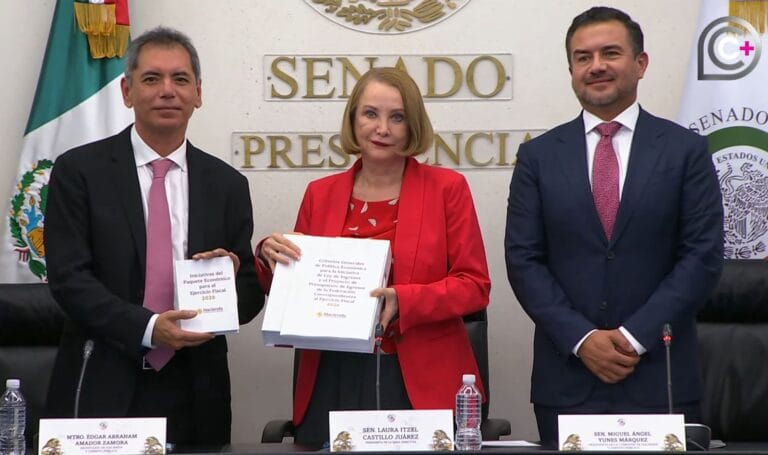One of the most crucial factors in mastering personal finance is learning to control your emotions and your mind, which plays a critical role in your financial behavior and, consequently, your overall financial health.
In his timeless book The Intelligent Investor, Benjamin Graham, a master of investing, dedicates Chapter 8 to explain how an investor must be aware of market price fluctuations throughout its life cycles. He emphasizes that preparation—both financial and psychological—is essential to navigate these ups and downs. This advice echoes through the world of finance: psychological preparedness is key to success in investing and handling market volatility.
The Foundation of Personal Finance
Personal finance rests on four fundamental pillars that guide us in controlling our psychology around money:
- Setting Financial Goals and Objectives: Without clear goals, there’s no destination to aim for. Imagine where you want to be financially in 5, 10, or 20 years. As with any project, a plan helps you map out the steps needed to reach your desired outcome. However, it’s not enough to say, “I want $20 million in the bank by the time I’m 50.” These goals must be realistic, so you don’t abandon them mid-journey. If you genuinely want to hit a lofty target like that, you’ll need to educate yourself in personal finance and investment.In the stock market, this would be akin to setting an investment strategy you stick to no matter what. This is vital because you’ll follow a plan that isn’t always perfect—sometimes you’ll lose, and sometimes you’ll win—but the most important thing is having faith in your strategy. Over time, sticking to it builds the discipline necessary for financial success.
- Achieving These Goals Through Saving: Once you’ve set your goals, the next focus is saving. Saving, no matter how small, plays a crucial role. Even if you aren’t regularly contributing large amounts to savings, just being mindful of avoiding unnecessary fees or using discounts can make a noticeable difference. Over time, even small savings can accumulate, similar to how an ant steadily builds its supply.Visualize the worst-case scenario for your finances and assess what could happen. For example, losing your job—how significant would the impact be? If that occurred, what would be your next step? Would you immediately search for another job to keep paying the bills, or would you take this as an opportunity to rethink your life goals and pursue your dreams? Realizing that even the worst financial scenarios aren’t as catastrophic as they seem can open the door to new possibilities.
- Growing Wealth Through Investment: This is undoubtedly a fundamental point for anyone serious about increasing their wealth. Many experts stress that controlling emotions in the unpredictable world of financial markets is even more critical than technical knowledge. Managing your psychology can prevent you from being swayed by greed, euphoria, or collective panic.History offers stark examples. While some like Benjamin Graham made money during the 1929 stock market crash, others succumbed to despair. Graham remained calm because he had studied previous crises and was prepared. His psychological strength, along with a diversified, long-term portfolio, shielded his investments. This serves as a reminder that emotional control is essential in financial decision-making.
- Protecting Your Wealth: The final pillar is safeguarding your assets through foresight and planning. Establishing a solid financial plan is essential, and, as experts point out, this plan must evolve with your changing needs and desires. Financial plans should never remain static; they must be adaptable to life’s unexpected twists.A well-rounded financial plan also includes preparing for emergencies. Many people fail to set aside enough for the unexpected, which can force them to rethink their entire financial strategy. Additionally, it’s essential not to sacrifice long-term goals (like retirement savings) for short-term ones (like an emergency fund or vacations). While it’s important to save for short-term needs, we must not lose sight of the future. An emergency fund should specify how much to save and within what time frame to ensure your financial stability without neglecting long-term goals.
Mastering personal finance is as much about self-control and discipline as it is about understanding numbers. By following these principles, you’ll be well-equipped to navigate the financial challenges that life presents.
Autor
-

Somos Un espacio que fomenta la colaboración estratégica y el intercambio de ideas entre líderes empresariales.
View all posts





















